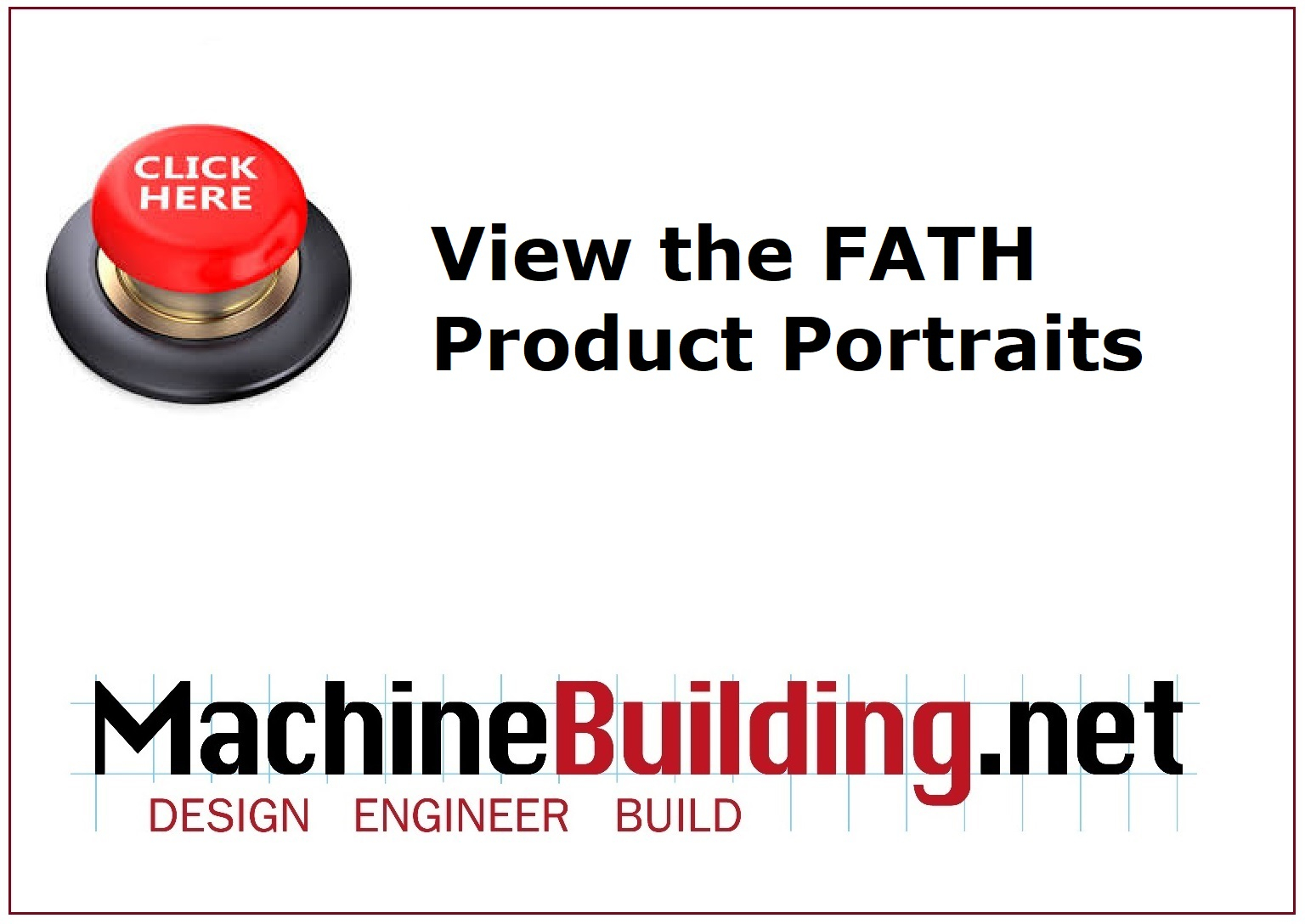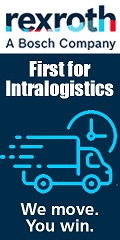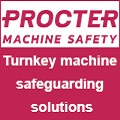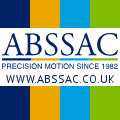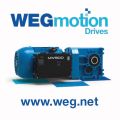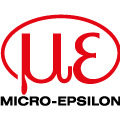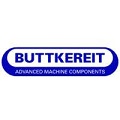
Posted to News on 16th Jul 2013, 17:01
Added-value services match the needs of the business
Material costs are rising, but that does not mean price should be the beginning and end of any negotiation when purchasing parts. The benefits of working with an expert supplier still exceed any such price rises, because they bring both financial and operational benefits, not least making sure engineers engineer, not buy. As Julia Mullar, Operations Development Manager at ERIKS Integrated Solutions, explains, a trusted provider can save customers money whatever the level of service. And the closer the relationship, the bigger the saving.
Saving money isn't all about beating down suppliers to the lowest price. In fact, that process can actually be less economical and efficient. However, industrial buyers all too often focus almost exclusively on price when negotiating with suppliers. This may result in the "best' deal, the most parts, the highest specification, the lowest cost, but it ignores many other important financial and operational issues. Price should be the last part of any negotiation, not the opening gambit. An investment in added-value services (inventory control, logistics etc) provided by an expert industrial supplier, often provided as part of a package or at zero added cost, can provide a far better option, and those that investigate just what such services can offer will seriously reconsider their stance when entering into contract negotiations.
But hang on; we are in a recession. Why shouldn't price be the dictating force? Certainly, energy and transport costs are still driving up prices, as anyone who has recently viewed a household bill or visited a petrol station can't have failed to notice. The cost of fuel at the pump has risen by around 30 per cent since 2008, due to a combination of extra duty, taxes and crude oil prices, while the cost of electricity and gas jumped by approximately 5 per cent between 2010 and 2012. Raw material costs, too, have risen. While prices have recently stabilised, the cost of engineering materials such as metals, rubbers and chemicals is still above that of 12 months ago, and is expected rise further in coming months.
Nevertheless, the value that an expert provider brings to each and every customer more than outweighs any future increase in costs, because it can so closely match the needs of the business. For example, ERIKS customers can take advantage of many added-value services, making use of, for example, the support from our Core Competence Centres, stock management, or e-commerce facilities. A small price saving does not compare to the reduced energy consumption, machine downtime and maintenance demands brought about by these added-value services.
ERIKS is able to offer a wide choice of options for each application because, unlike a manufacturer, it is not tied to a specific set of products. The value of technical services provided by an expert solutions provider should also be emphasised, as documents signed by customers that identify cost savings or efficiency improvements will testify, and these documented cost and efficiency benefits can lead to a stronger and more productive relationship between provider and customer.
Technical, logistical and maintenance support
Additionally, fewer and fewer customers have retained engineering or design skills in their businesses; as a result they depend on a solutions provider to offer the technical, logistical and maintenance support that keep their companies running smoothly. Although this support has a cost, it is far lower for customers, and is a far more flexible arrangement than that of an in-house department. Experienced engineering providers with true expertise can provide a valuable service for British engineering SMEs, bringing a ready-made capability to the smallest businesses that do not have an R&D or systems development team, and adding vital specialised knowledge to larger operations that do. A solutions provider will also offer a high calibre of technical, sales and commercial teams, every member of which has the capability to add tangible value to customers. Again, all this added value leads to a stronger relationship between provider and customers.
ERIKS adds value at every level, from the simplest level of supply. Through their rep service they offer customers advice on what they can do to optimise their inventory. Rather than just taking the order, they will ask questions about how those parts are used to see if they can suggest a better approach. ERIKS also fills what is often a void between simple supply and full scale IS with their Core Competence Centres, each with its own sphere of expertise to deliver engineering systems that improve profitability. The Core Competence Centres illustrate how ERIKS seeks to innovate, developing new ideas, technologies and designs that can be adapted to meet today's market trends and needs. And there are Integrated Solutions, which can bring the benefits of reduced inventory levels, lower carrying costs and, ultimately, an improved financial position that offers increased value for shareholders. When a business expends resources employing staff to get quotes on three prices when buying parts, it may save on price but it is adding time and cost to the purchasing process. Worse still, the production line may be down while a buyer is arguing over small margins on the price of a bearing. So, establishing a close, one-supplier relationship cuts the sourcing and purchasing time, as well as the cost. The customer not only saves money on the number of orders raised but also enjoys greater operating efficiency because the supplier develops a thorough knowledge of the plant and, for example, ensures that the right product is forward deployed on site or at the local branch of its stores, cutting the time it takes to get the right product on site. This ensures that engineers engineer, not buy, helping members of the workforce to focus on their core jobs. And for the business at large, this means consolidation and rationalisation of the supply base.
One powerful element of this process is inventory optimisation. A close relationship between a customer and a provider will ensure that the stores are well managed. ERIKS has discovered that, initially, businesses are often reluctant to make changes in this area and sceptical that it will make much difference, but everything soon works a lot better and the business gets behind making more change to gain further advantages.
Inventory optimisation
Most MRO stores are overstocked, because the reasoning is often, "I don't know exactly what I'll need or when I'm going to need it so let's keep lots if it in stock just in case'. This means that money is often tied up in stock, and if you can picture those lumps of metal on a shelf as piles of five and ten pound notes you will see the potential of inventory optimisation. Of course, it is wise to maintain fast access to critical and fast-moving items but the items in storage are not always necessary. Often, the list of spares established when the plant was opened is out of date, as engineers have long since made changes and, indeed, the needs of the plant at large may have changed. Consequently, it may be that only a small proportion of those spares are fast moving, with some barely moving at all. In contrast, an experienced engineering solutions provider, which understands the company's needs, brings hard savings by applying its know-how to streamline what is held in stock. There is also an operational benefit because there is only one port of call. With a close supplier relationship, the business does not need to spend time and money calling three separate suppliers to quote on each product. There is also a price reduction in terms of part cost because the supplier will be buying in large numbers. Within its Integrated Solutions ERIKS operates a CI (continuous improvement) programme, to ensure that IS goes on delivering improvements to the customer as the relationship continues. In years five, six and seven, when all the quick wins have been implemented, ERIKS are still looking to add value.
E-commerce is a powerful force for optimisation, especially now that it now offers a cost-effective and sustainable option for lower levels of supply than the hundreds of weekly orders that were once required to justify the expense. An early adopter of EDI was Ford, and the first MRO supplier to establish an EDI connection with Ford in Europe was ERIKS, back in the early 1990s. Since then, the systems have simplified, the set-up costs have shrunk, and ERIKS' experience has grown enormously. Now Ford makes several million pounds of purchases annually via e-commerce, with a significantly optimised inventory. From an inventory in the region of 800,000 Euros, ERIKS identified that only 100,000 Euros of stock moved in an 18-month period - an expensive example of "just in case'. Until Ford established the close relationship it now shares with ERIKS, the potential inventory saving was not identified. Now, with ERIKS acting as a consultant as well as a supplier, they can reduce stockholding by saying, "Actually, you don't need to stock this particular bearing or that particular belt because it is going to take you eight hours to get to it in a machine and we can get them to you from our main stores within six hours.' The benefits ERIKS offers to Ford through e-commerce are increasingly available to smaller businesses through the growth of the internet, and the increase in digital systems such as SAP. e-procurement can now be highly viable on a far smaller scale for any organisations that want to cut costs, minimise paperwork and increase purchasing efficiency.
Vending technology
And technology is bringing new innovations that optimise operations. For example, vending technology is increasing. Vending systems dispense products such as belts and bearings at the point of use, reducing walk and wait time. Vending machines automatically orders replacements, expanding the operational scope of service and ensuring that stock supply is accurate to the demands of the line for the customer. Drawers in the vending machines can be reconfigured to the needs of the plant in minutes without the use of tools, while access to the contents can be restricted by the use of username, password, biometric identification, card readers or a combination of these options. All transactions are logged to a specific user and cost centre with full and accurate audit and reporting capabilities detailing who, when, where and why about the usage on any component managed by the system. The "audit trail' of these machines also enhances Health & Safety because it is possible to view data and discover whether engineers are using the right equipment at the right time.
There are many benefits to be embraced by establishing a closer relationship with a supplier, and so bargaining for the cheapest price does not always deliver the best return. In fact, the financial and operational benefits of partnering with a solutions provider such as ERIKS will reduce inefficiency in purchasing, give engineers more time to do what their best at, and deliver a whole series of added-value services along the way.
For further information about added-value services from ERIKS, please email [email protected], or visit the website at www.eriks.co.uk.


